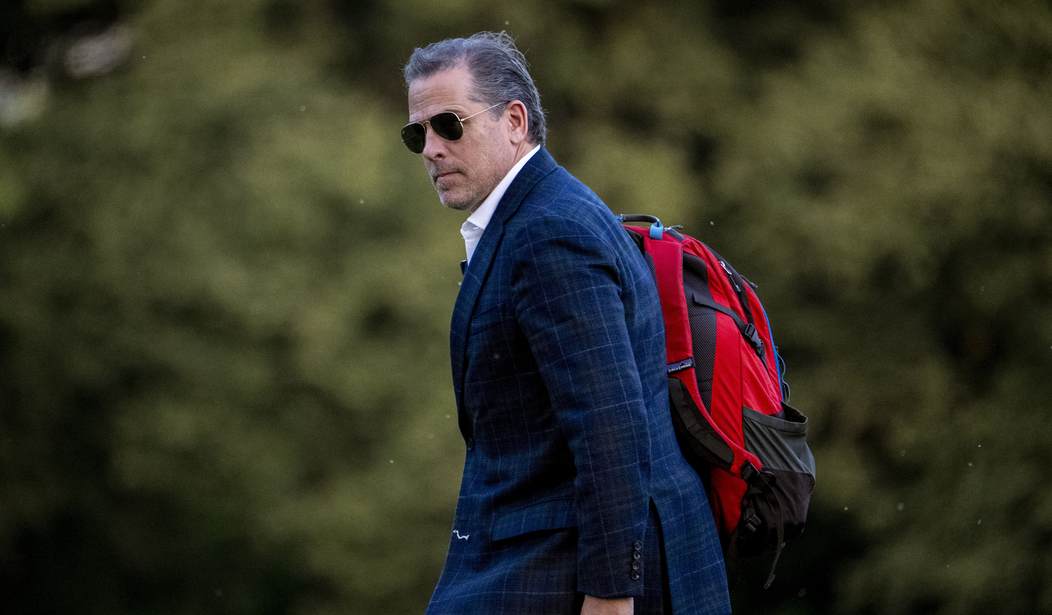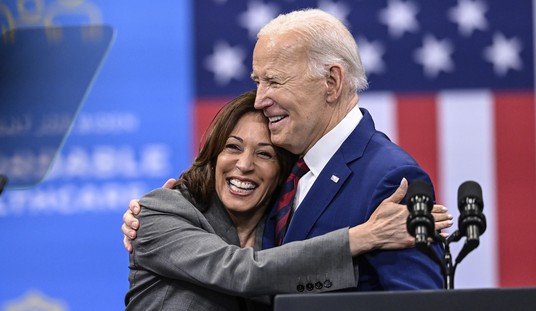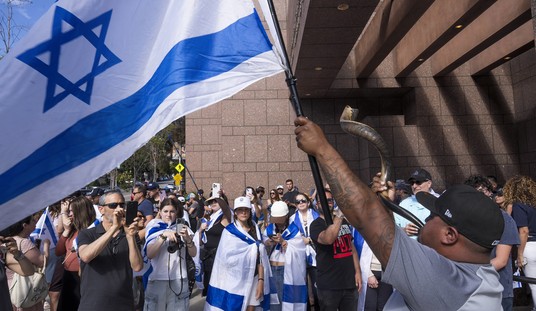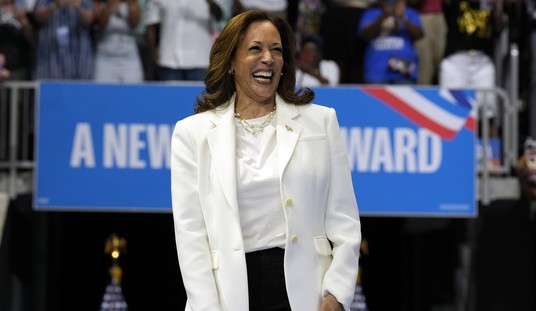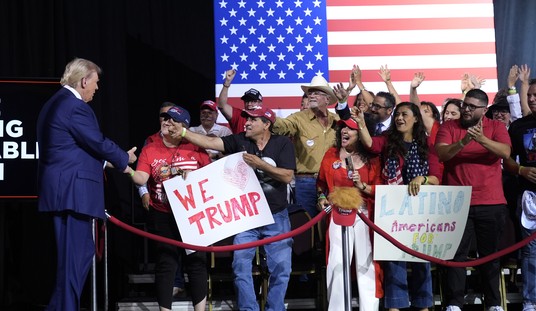In the wake of Hunter Biden’s “Get Out of Jail Free” card plea deal falling apart, suddenly the prospect of the first son facing trial and even punishment for his crimes became very real, as did the potential for his foreign business deals to be scrutinized in a court of law. A trial would expose the influence-peddling schemes that lead back to Joe Biden, becoming a real threat to the White House and Joe Biden’s hopes of winning the next election.
In light of the sudden change of events, constitutional scholar Jonathan Turley argued that a presidential pardon of Hunter Biden might be the only way to spare Hunter of prison time and save the Biden family from having its criminal enterprise exposed.
But White House Press Secretary Karine Jean-Pierre appeared to dismiss the idea on Thursday.
“I know you said not a lot has changed since yesterday and that it’s a personal matter, but from [a] presidential perspective, is there any possibility that the President would end up pardoning his son?” a reporter asked Jean-Pierre on Thursday.
“No,” she said — and refused to elaborate.
Karine Jean-Pierre says there is "no" possibility Joe Biden will pardon his son Hunter pic.twitter.com/eDFSxEyCGL
— RNC Research (@RNCResearch) July 27, 2023
It was an amusing response that I wouldn’t take at face value. Keep in mind, after years of insisting that Joe Biden never spoke with Hunter Biden about his foreign business dealings, Karine Jean-Pierre not only moved the goalposts by changing the narrative that Joe Biden was not “in business” with his son, but she also then insisted that “nothing has changed” in terms of their story.
White House @PressSec gets asked about the White House's sudden shift in its position surrounding Joe Biden's knowledge and involvement in Hunter Biden's foreign business dealings.
"Nothing has changed." – Jean-Pierre FALSELY claims. pic.twitter.com/oqqUg7etqK
— House Republicans (@HouseGOP) July 26, 2023
So let’s not pretend that Jean-Pierre’s denial means anything. Even though the Constitution gives the president the power to pardon, the practice is highly controversial. Since the infamous pardon of Richard Nixon by Gerald Ford, presidents from both parties have raised eyebrows with pardons. Ford’s pardon of Nixon likely destroyed any hope of Ford being electable in 1976 and ultimately gave us Jimmy Carter.
Related: Did Hunter Biden’s Admission in Court Prove That Joe Biden Lied?
It certainly explains why presidents save so many controversial pardons for a second term or even the final hours a president is in office. Bill Clinton, for example, waited until his final day in office to pardon people connected to him and the Democratic Party, including child rapist Rep. Mel Reynolds (D-Ill.), Democrat donor Marc Rich, and Weather Underground terrorists Linda Evans and Susan Rosenberg. He also pardoned his own brother, Roger Clinton, on years-old drug charges.
Should Joe Biden pardon Hunter Biden, it will likely be one of the most controversial in history — not just because such a move would protect his son, but because it would, by extension, protect himself. Turley acknowledges that a pardon would be so controversial that the only viable option for Biden at that point would be to announce he is abandoning his presidential bid. And he’s right, so let’s not pretend that the White House will ever concede that a pardon is on the table until it actually happens — and then make up some bizarre explanation for why its position never actually changed.

